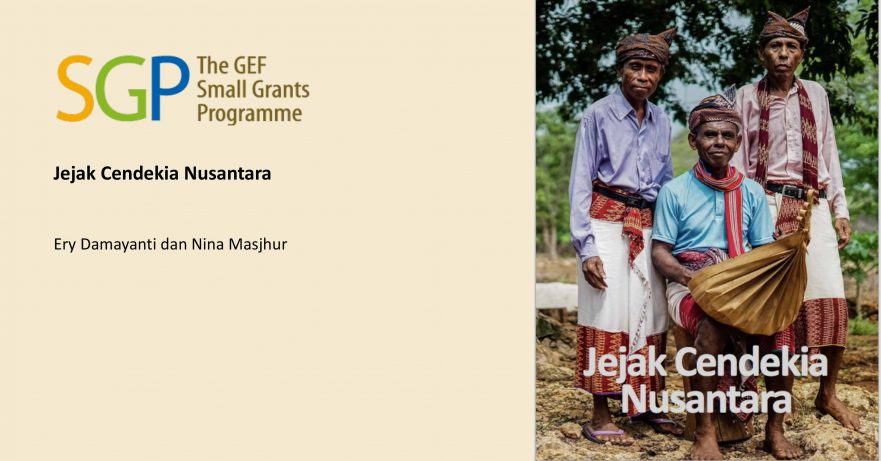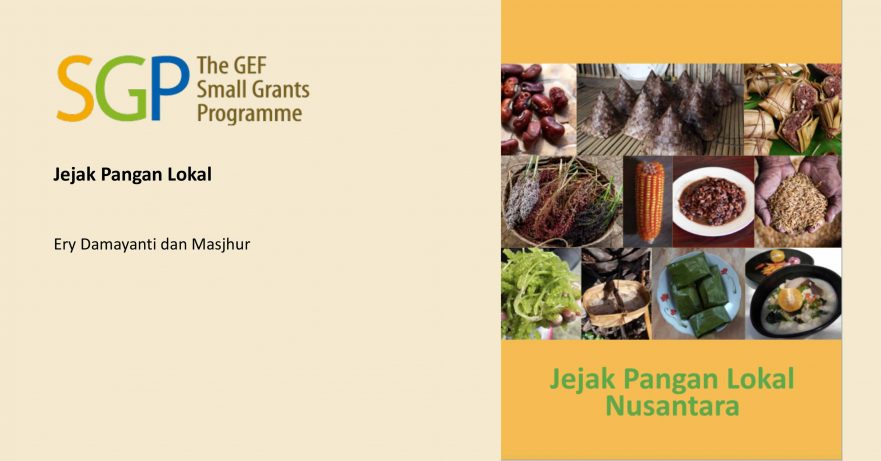
Muhammad Ery Wijaya, Muhammad Zeki and Albertus Prabu Siagian (Climate Policy Initiative)
11 September 2021
Exploring Viable Energy Efficiency Business Models in Indonesia
Indonesia is the largest economy and energy consumer in Southeast Asia. It accounts for two-fifths of the region’s energy consumption, and its overall energy demand is expected to increase by more than 30% between 2020 and 2025.
Indonesia has committed to 29% unconditional emission reduction by 2030. Yet, the country scores high in terms of energy intensity, meaning, the energy consumed for every unit of activity in Indonesia is high and the country is not being efficient with its use of energy.
Energy efficiency offers clear benefits to Indonesia’s emission reduction and energy resilience goals, as well as overall support for economic and social development strategic objectives (IEA, 2015). Increasing energy efficiency can also fuel economic recovery through job creation and improved competitiveness in the industrial and commercial sectors. These factors, along with the benefit of reduced energy costs, are particularly valuable during this time as the nation battles the aftereffects of the COVID-19 pandemic.
Despite clear benefits, multiple regulations supporting energy conservation, and large opportunities, energy efficiency business models in Indonesia face multiple barriers. These barriers threaten the national target of 17% energy savings by 2025 (from the 2015 baseline) and the 2030 emissions reduction target.
Therefore, in this study we aim to:
1. Identify and understand the challenges faced by Energy Service Companies (ESCOs) in Indonesia’s developing energy efficiency market
2. Based on market research, suggest improvements to existing energy efficiency business models that are viable and can be scaled up in Indonesia
Acara Lainnya

Jejak Cendekia Nusantara
November 20, 2023


